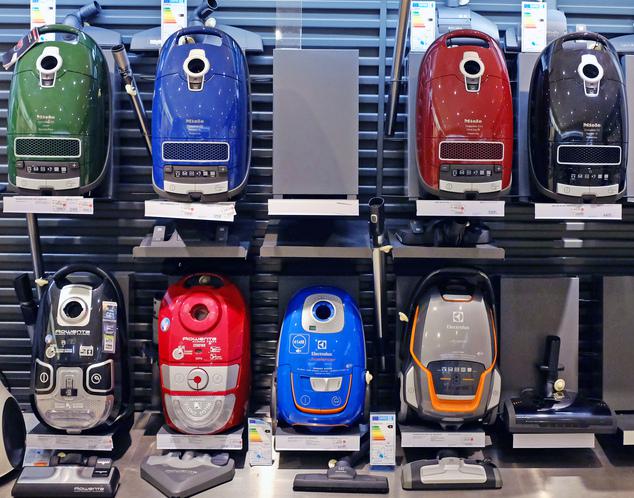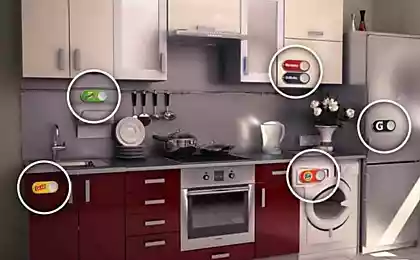990
France declared war on planned obsolescence technology

18 August in France, entered into force a government decree , which was принято More in March . Regulation should protect consumers of household appliances and electronics from unscrupulous manufacturers. It obliges manufacturers to give customers detailed information about the service life and the possibility of repairing the purchased product.
If you once had such a thing, which is easier to remove and replace than repair - you will understand the difficulties faced by consumers. Increasingly, manufacturers have resorted to technology of "planned obsolescence" in which they try to do things so that they can be both easily damaged and required replacement. Special chic is the failure of the device after a few days at the end of the warranty period.
To ensure the "planned obsolescence" manufacturers have resorted to various tricks. This could be a device of the device, because of the failure of any component necessary to change it entirely, new versions of software incompatibilities with old electronic devices, or the release of new accessories that are incompatible with the old product.
Now, under the new law, manufacturers will be required to indicate the true data about how long can work out one or another appliances (TV, telephone, refrigerator), and for how long will be available to consumers replacement parts for it. Violators грозит a fine of € 300,000 or imprisonment of up to two years .
And next year will come into force even more rigid law obliging producers to provide free repair or replacement of equipment for two years from date of purchase.
These laws were adopted in the framework of a large European program called «энергетический turn ». For the first time we are talking about this idea in Germany. The essence of the program is that European countries are heading for a gradual elimination of hydrocarbon and nuclear energy, and almost a full transition to its renewable.
As part of this concept in 2025 is planned to increase the share of electricity generated from alternative sources, up to 40-45%, and by 2035 - up to 55-60%. It is believed that the decrease artificially support demand for new machinery and electronics reduce the demand for energy, the burden on the wallets of buyers and environmentally harmful waste.
In fact, consumers are showing signs of fatigue from the constant need to buy new devices even when they are quite satisfied with the old - whether it is the lack of commercially available filter for a vacuum cleaner, charging for an old cell phone or spare parts for the grinder. Partly because of this, and the project has gained popularity Google Ara to create modular smartphone, in which everyone can yourself to change the base units of which is the phone.
Source: geektimes.ru/post/260616/
Escape from New York: Bitcoin startups leave the city
Multicopter be equipped with LED indication for example license plates























